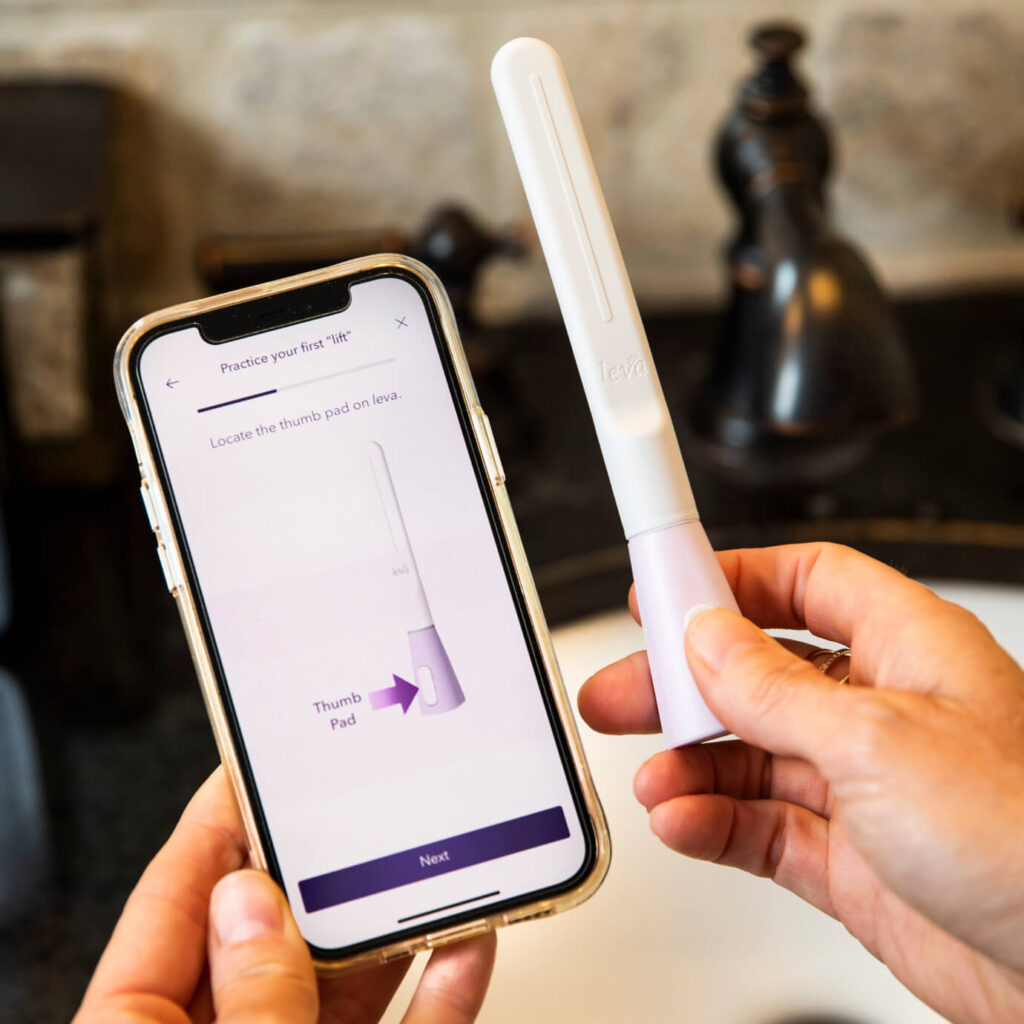PORTLAND, Ore.–(BUSINESS WIRE)– AUGS PFD Week 2023— Axena Health, Inc. (Axena Health), a medical device company focused on female pelvic health, commends leading researchers in women’s health, who presented data showing that urinary incontinence (UI) symptom relief is durable for two-years following eight-weeks of treatment with the Leva® Pelvic Health System. These researchers also presented data showing that the Leva System improved symptoms of early-stage pelvic organ prolapse, a pelvic floor disorder in which one or more of the pelvic organs drop or press into or out of the vagina due to a weak pelvic floor. The Leva System is a non-drug, non-surgical treatment that helps women strengthen their pelvic floor at home, on their own schedule, by guiding correct and consistent pelvic floor muscle training (PFMT). The researchers presented their data in two abstracts during PFD Week 2023, the American Urogynecologic Society’s (AUGS) annual scientific meeting held in Portland, Ore. Oct. 4-6, 2023.
The abstract, “Digital Therapeutic Device for Urinary Incontinence: An 18- and 24-month Follow-up of a Randomized Controlled Trial,” showed that the Leva System provided durable and significantly greater improvement in stress and mixed UI symptoms compared to a home-based program of PFMT alone, regardless of whether women continued Leva use beyond the eight-week treatment period. The authors, who are widely recognized for their expertise in women’s pelvic floor health, include Milena M. Weinstein, MD of Massachusetts General Hospital, Harvard Medical School, Gena Dunivan, MD of the University of Alabama, Noelani Guaderrama, MD of Kaiser Southern California and Holly E. Richter, PhD, MD of the University of Alabama. The abstract is significant for several reasons:
It provides long-term evidence for a non-surgical UI intervention, contributing to overall knowledge of how women can achieve durable symptom relief from what is often a long-term, progressive condition.
It extends the findings of a randomized controlled superiority trial (RCT), published in Obstetrics and Gynecology (The Green Journal) in 2022, which showed the Leva System was statistically and clinically superior to Kegel exercises alone for stress and mixed UI symptom improvement and a prior longitudinal analysis showing that these improvements last 12 months, even without ongoing use of the Leva System. The Green Journal published the 12-month longitudinal analysis in January 2023.
The authors conclude that for women choosing first-line, at-home care for stress or mixed UI, a motion-based device should be considered to optimize results.

